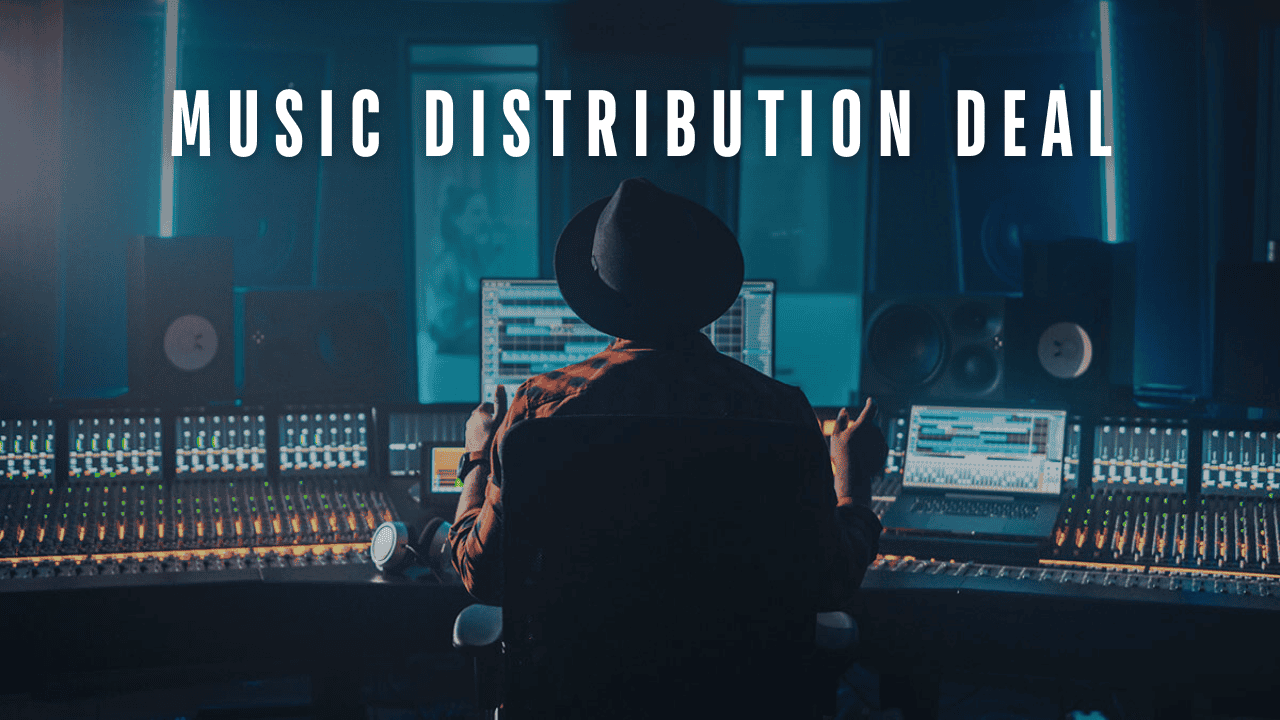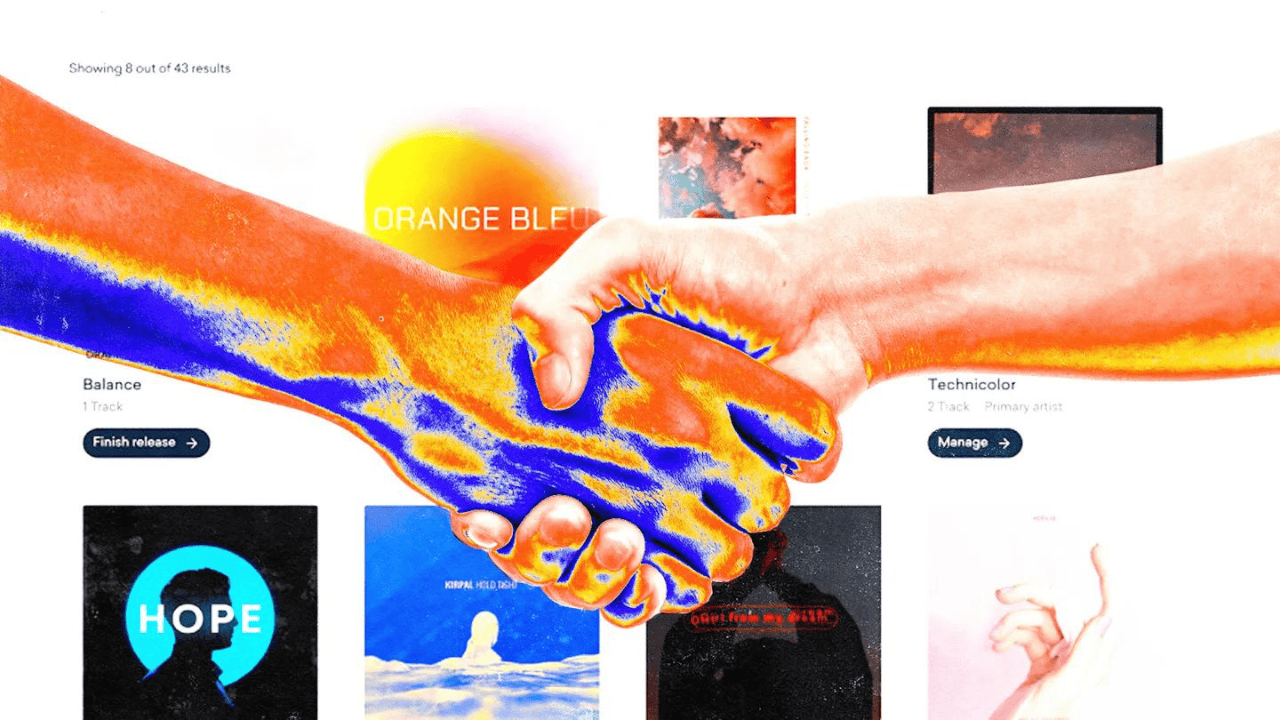Putting your music out there is a major step, and getting a distribution deal is about sharing it with as many listeners as you can. In today’s music scene, being online is key. Platforms like Spotify, Apple Music, YouTube, and others are where people discover and enjoy music the most. That’s why it’s vital to secure a distribution deal that gets your song on these platforms and earns you money for each play. Luckily, distribution services nowadays make this whole process simpler than you’d imagine. Let’s dive into what music distribution deal involve and how you get paid when your music goes live.
What is a Distribution Deal?
A distribution deal is when an artist and a distribution company agree to sell the artist’s music, either physically or digitally.
These deals have been around since the days of vinyl records, CDs, and tapes.
In the past, distribution companies focused on getting artists’ records into stores.
Today, distribution deals involve much more than just physical sales. There are various factors that set distribution services apart from each other.
How do Music Distribution Deals Work?
There are two types of music distribution companies, and their deals work differently.
- Distributors that partner with record labels.
- Distribution service providers that are open to anyone.
Let’s explore each type.
How record label distributors work
Distribution companies partnered with record labels have strong ties with streaming platforms’ curators and managers.
They don’t just upload your music to streaming services; they leverage their connections to promote your music to playlist curators.
However, this personalized service is usually pricey and selective.
You must be a well-established artist with consistent output to attract attention from these label-affiliated services. They also take a portion of your royalties.
Yet, if you’re connected, working with label distributors can help showcase your music to key decision-makers and boost your chances of success.



